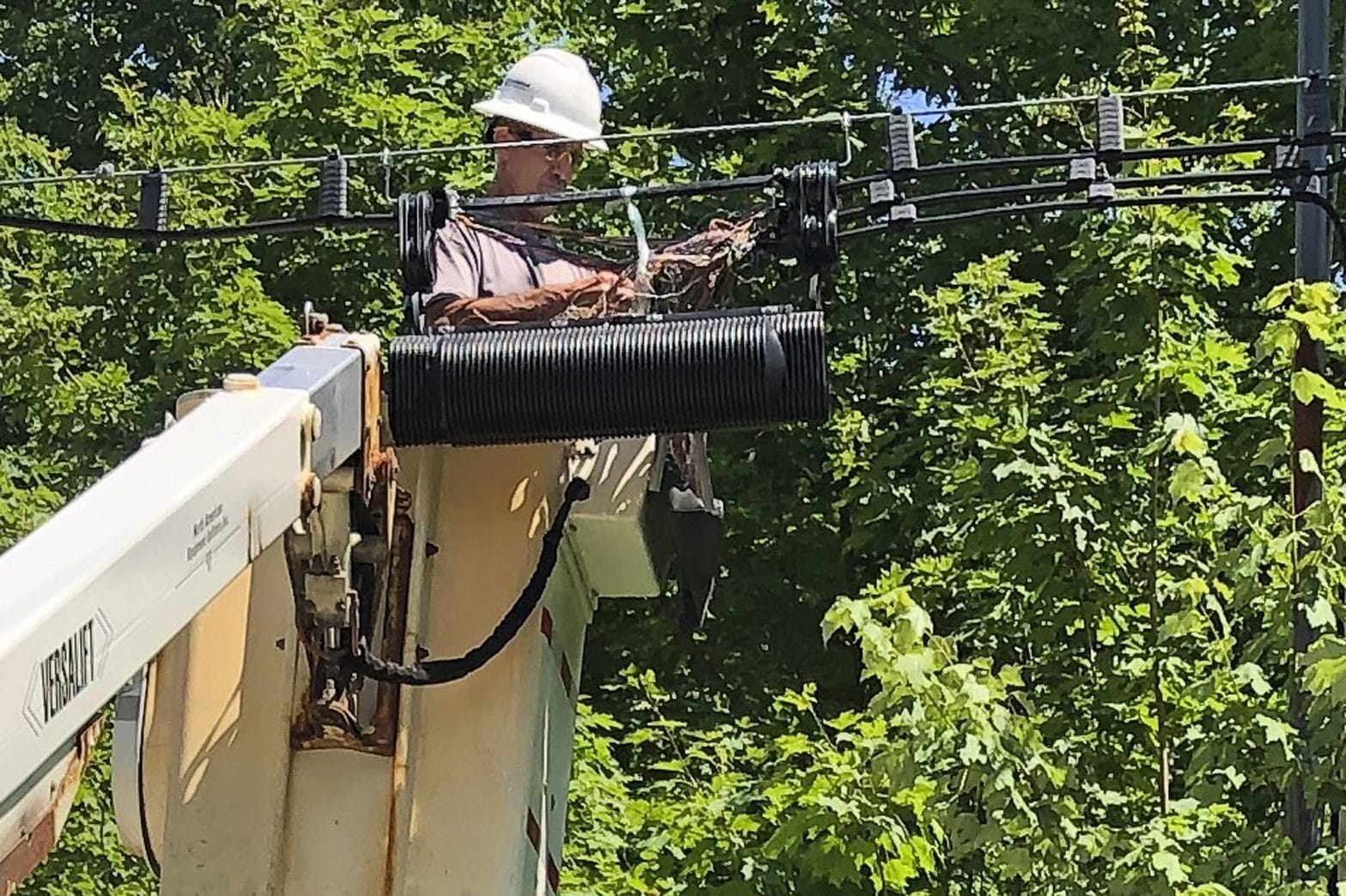Senators Say After Pandemic, Extending Broadband to Underserved Areas a Must

WASHINGTON – A bipartisan trio of senators urged their colleagues Tuesday to create a $10 billion fund to extend broadband cable access into underserved rural communities.
The Governors’ Broadband Development Fund bill was introduced by Sen. Tim Scott, R-S.C., and his co-sponsors, Sens. Lindsey Graham, R-S.C., and Mark Warner, D-Va.
The legislation:
- Allocates $10 billion to the Broadband Development Fund to prioritize funding for areas that currently lack service;
- Supports the deployment of advanced technologies in areas where there is greatest need; and
- Encourages projects that can provide internet service quickly.
“There are places in South Carolina you might as well be on the moon when it comes to getting high speed internet service,” said Sen. Graham.
“All South Carolinians should be able to utilize the educational, telehealth, and business benefits of accessible and affordable broadband,” he said. “There is bipartisan support for expanding broadband access and our legislation dramatically improves access in rural and underserved areas. I’m cautiously optimistic we can get this done and signed into law soon.”
Sen. Warner said before pandemic, most people saw broadband access as “a precondition to full participation in the digital economy.”
“But with this crisis we’ve seen that it’s more than that: it’s the enabling technology for remote education, tele-work, and tele-medicine; it’s the means by which Americans apply for and access critical government benefits; and it provides us with the ability to stay close with loved ones we can no longer be in direct contact with,” he said.
“States like Virginia are leading the way in identifying and closing broadband gaps and this legislation will help expand and strengthen those important effort,” he concluded.
The legislation allocates $10 billion to the Broadband Development Fund. Each state is provided a minimum of $75 million and the rest of the funding is distributed based on state populations.
Thirty percent of a state’s funding must be used in Opportunity Zones.
South Carolina would receive roughly $170 million from this program.
Virginia would receive roughly $237 million from this program.
Funding can be used for infrastructure development, providing free or reduced cost broadband service, community center improvements, and other applications.
Sen. Scott said the bipartisan legislation would give governors the opportunity to effectively deploy broadband in the parts of their state that need it most.
“It is critical that we continue to find pathways to increase connectivity for all Americans to ensure that they are equipped with the tools necessary to thrive,” he said.
According to the Federal Communications Commission, about 21 million Americans do not have access to 25/3 mbps internet, which is the FCC’s standard for high speed broadband. Of that 21 million, 16 million live in rural areas, while 5 million live in urban areas.
























